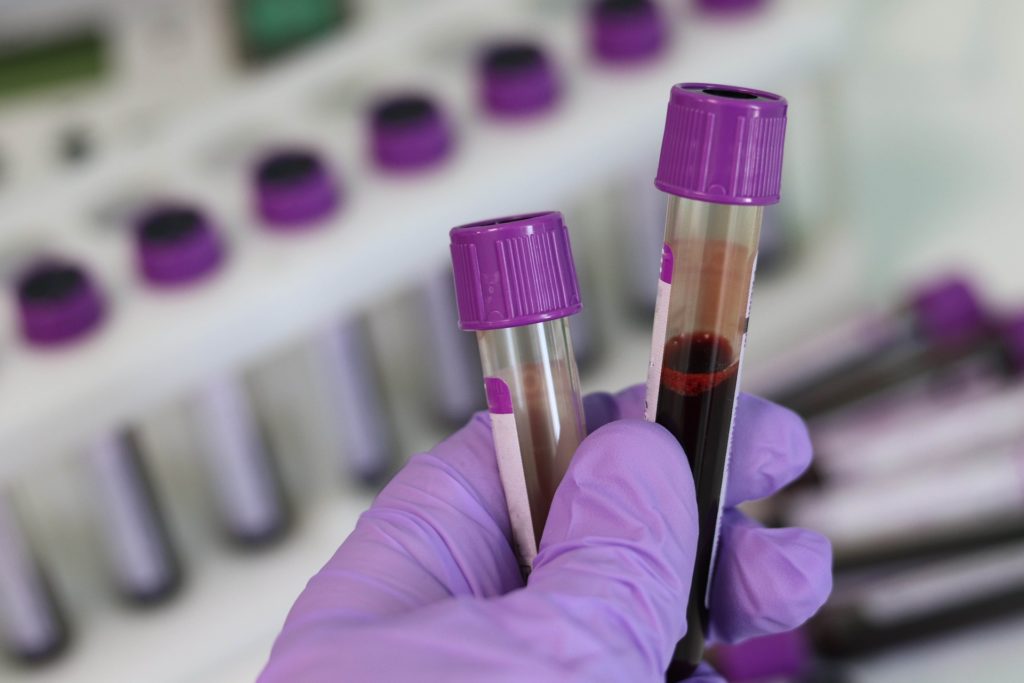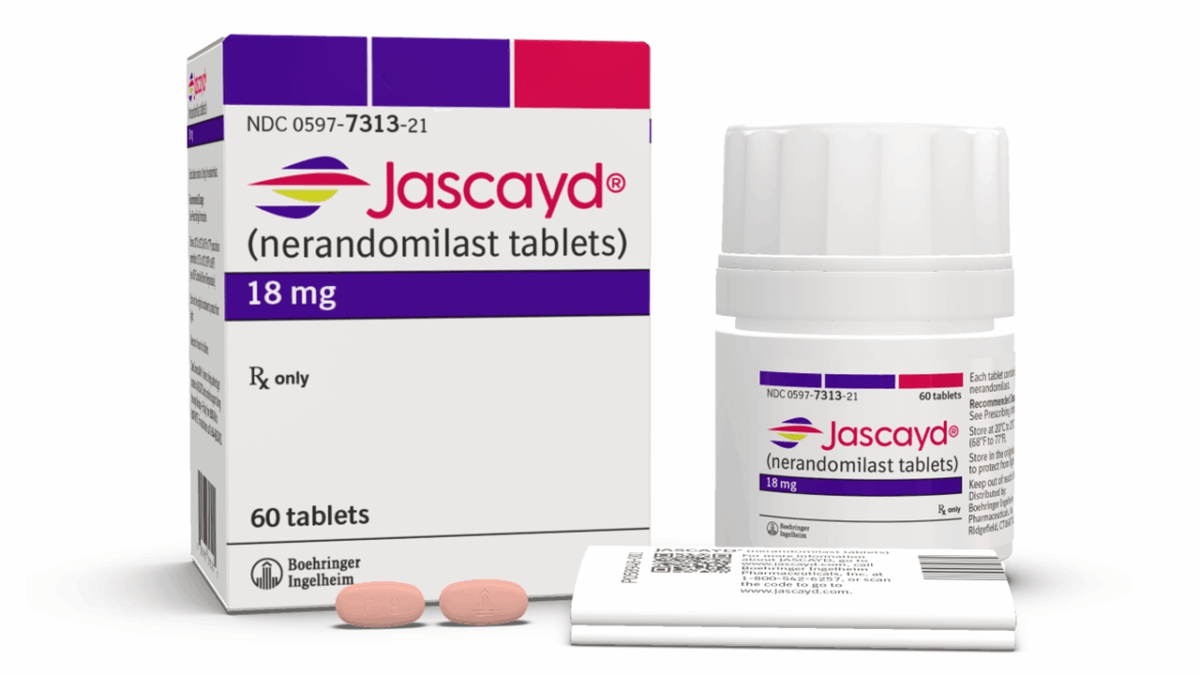Researchers at the University of Oxford have developed a blood test for the detection of different cancers, and the test can also determine whether a cancer has metastasized.
Additionally, the cancer blood test can spot disease in patients that have non-specific symptoms and can help clinicians determine the stage of a cancer.
The test is based on the measurement of cancer-associated metabolite biomarkers in the blood using nuclear magnetic resonance (NMR) spectroscopy. This helps identify various kinds of cancers within a mixed population of healthy people, patients with localized cancer and those with metastatic cancer.
Being a blood test, the cancer test is minimally invasive and inexpensive. The test can be regarded as a “liquid biopsy” where material derived from tumor cells, in this case metabolites produced by the cells, can allow for the assessment of the presence of a cancer and details such as its stage and localization.
The researchers published data from the evaluation of the cancer blood test in the journal Clinical Cancer Research.
Related: Immunovia’s Pancreatic Cancer Blood Test is World’s First for Early Disease Detection
What is unique and powerful about the test is that it isn’t specific to any cancer type as it has the ability to detect a wide range of cancers. It can detect tumors in difficult clinical contexts, and has the potential to identify cancers in the community even before conventional imaging is used.
The Oxford study involved examination of samples from 300 patients with non-specific but concerning symptoms of cancer, such as fatigue and weight loss. The patients were recruited through the Oxfordshire Suspected CANcer (SCAN) pathway. The researchers also looked to see if the test could distinguish between patients with a range of solid tumors and those without cancer.
The study’s findings showed that the test could distinguish between individuals without cancer, individuals with localized disease and those with metastatic cancer based on blood metabolite signatures. These groups exhibit different profiles of metabolites, which the test detects, and the results are then analyzed by algorithms to distinguish between the different conditions.
The test was able to detect cancer in 19 out of every 20 patients. In addition, it had an accuracy of 94 percent in identifying patients with metastatic disease.
“Cancer cells have unique metabolomic fingerprints due to their different metabolic processes. We are only now starting to understand how metabolites produced by tumours can be used as biomarkers to accurately detect cancer,” Dr James Larkin, researcher on the University of Oxford study said in a news release from the university.
“We have already demonstrated that this technology can successfully identify if patients with multiple sclerosis are progressing to the later stages of disease, even before trained clinicians could tell. It is very exciting that the same technology is now showing promise in other diseases, like cancer.”
The researchers plan to conduct additional studies with a greater number of patients to assess their cancer blood test for the early detection of cancers and the potential for clinical application.
“This work describes a new way of identifying cancer. The goal is to produce a test for cancer that any GP can request. We envisage that metabolomic analysis of the blood will allow accurate, timely and cost-effective triaging of patients with suspected cancer, and could allow better prioritisation of patients based on the additional early information this test provides on their disease,” Dr Fay Probert, lead researcher on the study said.
Cancer blood tests like the one developed by the Oxford researchers could also have the potential for monitoring disease progression and response to treatments, and even predict the risk of disease recurrence.












Join or login to leave a comment
JOIN LOGIN